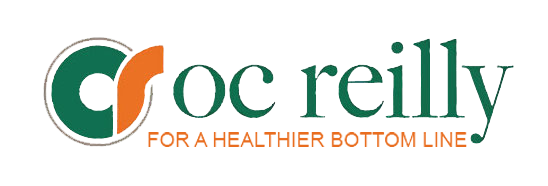OC Reilly Blog: Health Care Financials Can Expect Brighter Lights
By Paul D. Eberhardt, Supply Chain Consultant, OC Reilly Inc.
The brave new world of health care provision and accounting continues apace, with the federal Centers for Medicare & Medicaid Services (CMS) recently proposing a rule requiring all U.S. hospitals to publish how much they charge for every service rendered.
The proposed rule stems from a little-noticed 56-word “price transparency” provision in the Patient Protection and Affordable Care Act, found in Section 2718e of the federal law.
“We are providing hospitals with the flexibility to determine how they make a list of their standard charges public,” reads the CMS proposal, as cited in the May 5, 2014, edition of Modern Healthcare magazine.
“We encourage hospitals to undertake efforts to engage in consumer-friendly communication of their charges to help patients understand what their potential financial liability might be,” the CMS document states.
The magazine article quotes Jaime King, a health policy expert and law professor at the San Francisco-based University of California Hastings as saying, “I don’t think (the proposed rule) goes far enough. It’s a really good first step. It suggests that CMS is taking the need to have price transparency seriously.”
This effort also highlights the increasing pressure on hospitals and health systems to pay ever-closer attention to their expenditures and the overall integrity of their bottom line performance. As the financial details of health systems become more and more open and transparent, it follows logically that where their money is spent will attract more attention, as well.
Careful and comprehensive surveys of contracts, expenditures, and quality control standards related to supply chain elements can produce meaningful savings and contribute directly to bottom line performance. This is as true for health systems as for any other complex business enterprise.
More and brighter lights promise to be shined on health systems’ financials. Supply chain management offers an easy, quick, and accessible means of making important improvements.
